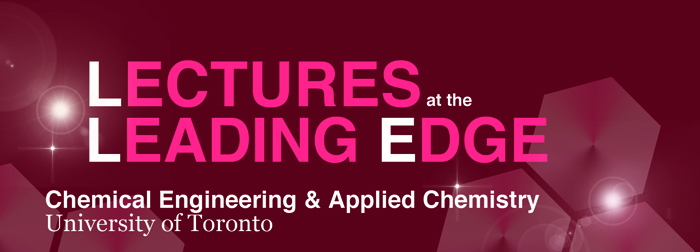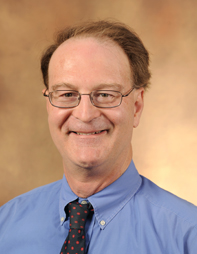
BRUCE RITTMANN
Arizona State University
HOW BIOFILM PROCESSES OPEN NEW OPPORTUNITIES IN ENVIRONMENTAL BIOTECHNOLOGY
This presentation gives a synthetic introduction to the concepts and practice of biofilm processes used in environmental biotechnology. It begins by introducing the core principles of all biofilm processes. The talk then describes the essence of traditional biofilm processes used for aerobic treatment of BOD and ammonium. The main portion of the talk explores four emerging processes that address today's tough challenges. The first challenge is to reduce oxidized contaminants, such as nitrate, perchlorate, selenate, and trichloroethene. The hydrogen-base membrane biofilm reactor is the unique partnership of membranes and biofilms that achieves the goal. The second challenge is to make wastewater treatment energy positive by using anaerobic treatment that is amenable to treating domestic and industrial wastewater. Two exciting new approaches are an anaerobic membrane biofilm reactor that features a fluidized-bed biofilm and the platform of the microbial electrochemical cell. The last challenge is to biodegrade very recalcitant organic chemicals, such as chlorinated aromatics, dyes, and heterocyclic aromatics. The emerging technology is intimately coupling photocatalysis and biodegradation (ICPB), in which photo(cata)lysis is integrated directly with a biofilms in such a way that advanced oxidations transforms the recalcitrant organics just enough to be biodegraded immediately by biofilm.
Date/Time |
Location 200 College Street Wallberg Building Room 116 |
 BRUCE RITTMANN is Regents' Professor of Environmental Engineering and Director of the Swette Center for Environmental Biotechnology in the Biodesign Institute at Arizona State University. His research focuses on the scientific and engineering fundamentals needed to "manage microbial communities to provide services to society." Services include generating renewable energy, cleaning water and soil, and improving human health. Dr. Rittmann is a member of the National Academy of Engineering; a Fellow of the American Association for the Advancement of Sciences, the Water Environment Federation, and the International Water Association; and a Distinguished Member of ASCE. Dr. Rittmann was awarded the first Clarke Prize for Outstanding Achievements in Water Science and Technology from the National Water Research Institute, the Walter Huber Research Prize, and the Simon Freese Award from ASCE. Dr. Rittmann is on the List of Most Highly Cited Researchers of the Institute for Scientific Information and has published over 600 journal articles, books, and book chapters. Together with Dr. Perry McCarty, Dr. Rittmann authored the textbook Environmental Biotechnology: Principles and Applications (McGraw-Hill Book Co.).
BRUCE RITTMANN is Regents' Professor of Environmental Engineering and Director of the Swette Center for Environmental Biotechnology in the Biodesign Institute at Arizona State University. His research focuses on the scientific and engineering fundamentals needed to "manage microbial communities to provide services to society." Services include generating renewable energy, cleaning water and soil, and improving human health. Dr. Rittmann is a member of the National Academy of Engineering; a Fellow of the American Association for the Advancement of Sciences, the Water Environment Federation, and the International Water Association; and a Distinguished Member of ASCE. Dr. Rittmann was awarded the first Clarke Prize for Outstanding Achievements in Water Science and Technology from the National Water Research Institute, the Walter Huber Research Prize, and the Simon Freese Award from ASCE. Dr. Rittmann is on the List of Most Highly Cited Researchers of the Institute for Scientific Information and has published over 600 journal articles, books, and book chapters. Together with Dr. Perry McCarty, Dr. Rittmann authored the textbook Environmental Biotechnology: Principles and Applications (McGraw-Hill Book Co.).
| For more info: uoft.me/lle2016-17 |
Websites of Interest
- University of Toronto
- Faculty of Applied Science & Engineering
- Department of Chemical Engineering & Applied Chemistry
